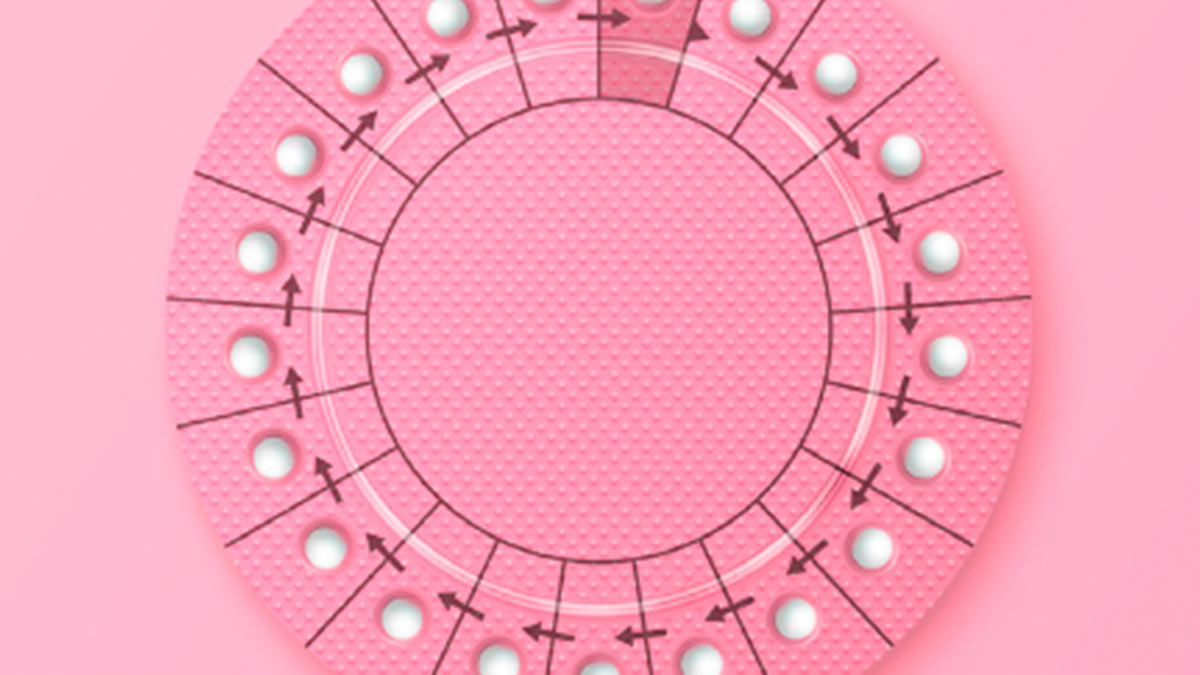The Irish Pharmacy Union (IPU) has welcomed the expansion of the free contraception scheme for young women. However, the organisation has called on the government to make it easier and faster for young women to avail of the scheme by enabling pharmacies to provide convenient access to contraception without prescription from a pharmacy. This service is available to women in the UK, USA, Canada and New Zealand. This is about giving women choice and promoting better health outcomes.
Speaking on the day that free contraception became available to all women aged 17 to 30, Kathy Maher,
Chair of IPU’s Pharmacy Contractors Committee, called for greater choices to be provided. “The expansion of the free contraception scheme is an extremely welcome development and should be commended. However, with GPs across the country expressing concern about their excessive workloads the requirement for a GP prescription could make accessing the scheme difficult.
“Pharmacies are easily accessible and located in practically every town and village in the country. Women can visit their pharmacy at times that suit them in evening or weekends. Women should have the choice to avail of this convenience to access contraception”
There is widespread public support for allowing pharmacies to dispense the pill directly to patients Ms Maher explained.
“Recent research conducted by B&A found that 86% of people in Ireland would welcome this development. Women should therefore have that choice to opt for a pharmacy if they wish.”
“The contraceptive pill is a safe medication; it is available directly from pharmacies in many other countries in
the world. Pharmacists are experienced in providing contraceptive care and have been safely providing the morning-after pill, over the counter since 2011. The profession is trained and has the experience to review patients to determine if it is safe to dispense contraception without referring to a GP.
“Allowing pharmacies to dispense oral contraception direct to patients is a common-sense proposal. It would make the process faster and easier for the women involved, alleviate the pressure on GPs and therefore be cost effective for the health system. In essence it is a no-brainer.”







